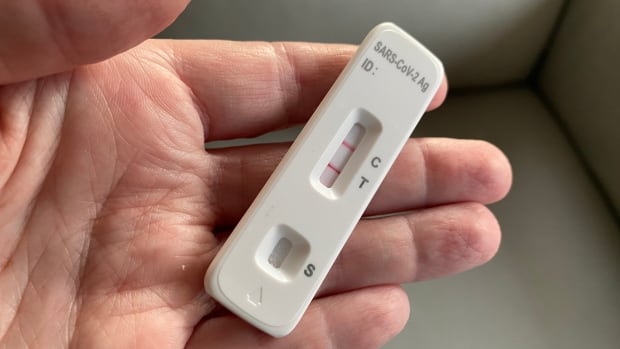
A year’s worth of respiratory virus data for Alberta reveals, once again, COVID-19 is far deadlier than the flu.
The death toll due to the two illnesses, combined, topped 900 over the past year.
More than four times as many Albertans died due to COVID compared to influenza.
Alberta’s respiratory dashboard shows flu was responsible for 177 deaths while 732 people died of COVID-19 (between Aug. 27, 2023, and Aug. 24, 2024).
“This is continual evidence that COVID is not just another flu,” said Craig Jenne, professor in the department of microbiology, immunology and infectious diseases at the University of Calgary, noting influenza is not a benign virus.
“This is the most we’ve ever lost to flu, and COVID has still put up many more deaths than flu. So these remain significant viral diseases in Alberta. They remain a significant risk to some Albertans. And unfortunately, and tragically, they continue to take lives at a really unacceptable rate.”
While they’re high compared to influenza, Alberta’s COVID deaths are trending down from a peak of 2,409 during 2021-22.
As a critical care specialist in Edmonton, Dr. Shelley Duggan sees the toll the disease continues to take on Albertans.
“We’re seeing people who have COVID and all of the sudden are coming into hospital with blood clots, heart attacks, strokes. So we still are very much living in a COVID world,” said Duggan.
There were 3,348 flu hospitalizations, and 6,070 people were admitted with COVID in the past year.
The province counts hospitalizations where the illnesses are either a primary or contributing factor.
Duggan points out COVID-19 is not seasonal but it ebbs and flows through the year.
Unlike early during the pandemic, she doesn’t admit many patients to the ICU for severe COVID-related pneumonia. Instead, she treats people for whom the disease has exacerbated other health problems.

“We also have that at-risk population [including] people on chemotherapy, people post-transplant — people really who are immuno-suppressed and are at risk — or the frail elderly who we see,” said Duggan, the president-elect of the Alberta Medical Association.
Alberta Health data shows 632 of the people who died of COVID were ages 70 and up, 81 were between 50 and 69 and 15 were in the 20 to 49 age range.
Four children under the age of 10 died of COVID in the past year.
The provincial government’s dashboard states influenza and COVID deaths are counted when the illnesses are the cause of death or a contributing factor.
“We still have a significant proportion of people who will die either directly from COVID or having COVID that is going to set in motion other things. So we still have to be cognizant of it.”
Both Jenne and Duggan say reversing the slumping vaccination rates will be essential for the next respiratory virus season.
Just under a quarter of Albertans received their flu shot during the 2023-24 season, while 16.9 per cent were immunized against COVID.
“It’s going to be very vital that people get vaccinated this year to protect themselves, of course, but to also protect the vulnerable and to protect the hospital system, because we are already overflowing,” said Duggan.
Alberta stopped offering XBB COVID-19 vaccines as of Aug. 31, following a Health Canada directive, an Alberta Health spokesperson said in an emailed statement.
Vaccines targeting more recent strains have yet to be approved by Health Canada.
A federal government notice to health professionals states that updated COVID-19 vaccines (designed to target the JN.1 or KP.2 strains) are expected to be authorized in time for fall immunization campaigns.
The province said more information on its upcoming immunization program will be made available in the coming weeks.